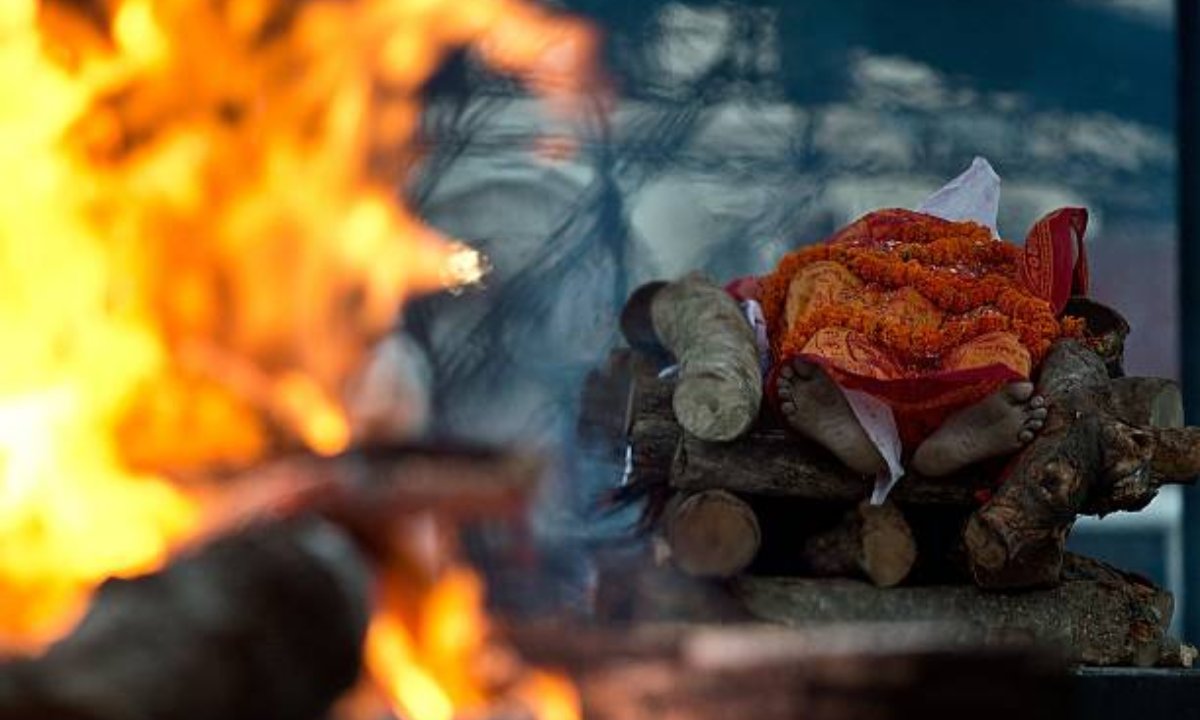Funerals are the first step in saying goodbye to your loved ones. However, it is not always easy to say goodbye when you lose a loved one. Loneliness comes naturally after you lose someone you love. Take time to grieve and feel your emotions fully.
The funeral process is the most important phase as it helps you and others come to terms with your loss.
If you are looking for affordable and best funeral services in Bangalore, look no further. We provide professional and affordable funeral services in Bangalore.
It is often said that the death of a loved one can have a traumatic effect on the person who has lost them. Many people experience feelings of anger or emptiness and some experience feelings of guilt. Everyone is different, so there is no universal way to deal with this type of loss. The most important thing that you can do for yourself is to accept everything that has happened and not blame yourself.
The best thing you can do when you are going through this difficult period is to take care of your own needs first. Focus on helping yourself heal, rather than trying to fix anything right away – it will happen in its own time.
1. Shock and denial/rejection.
Shock is a natural reaction to a major life change. It’s the way you feel when something unexpected happens, like getting called into work sick or finding out that your boss just got fired. Denial is another way of coping with loss by avoiding the pain and suffering associated with it by pretending everything’s okay instead of dealing with reality in its harsh light.
Rejection can seem like an effective strategy at first—after all, why put yourself through more grief? But as time goes on, denial can make things worse because it keeps you from taking action towards healing yourself or moving forward with your life after losing someone important in your life.
2. Pain and guilt
- You may feel guilty about the way you treated your loved one.
- You may feel guilty about not being there when they died.
- You may also feel guilt because of the things they did or didn’t do in their life and how this affected you, such as not getting married, not having children, and so on.
3. Anger and bargaining
Anger is a natural emotion that can be directed at God, the deceased, doctors, and even medical staff. It is important to understand that although anger is a normal reaction to grief, it shouldn’t be used as an excuse or reason for taking out your anger on other people. If you are feeling angry because of something else (such as losing your loved one), then it’s important not to let that feeling consume your life and make every situation worse than it already is.
It’s also important when dealing with loss or death not to use any excuse or rhetoric as a coping mechanism because this will only add fuel to the fire of bitterness inside of yourself which will only cause more harm down the line than good will ever bring about!
4. Depression, reflection, loneliness
Depression is a part of grieving. Depression can be a natural response to loss, and it’s not always something that needs to be treated or medicated. It is common to be depressed at this time in your life, so it is ok and normal for depression to set in as this is just a way of grieving the loss of a loved one.
If you feel like there’s no way out of your grief, then try thinking about what you could do for yourself to help get through it. What would make things better? For example:
- Write down all the good memories from when they were alive. Write down everything that made them happy and important in your life—all their hobbies! Remembering these memories will help remind us that our loved ones still exist even though they’re no longer here physically with us.
5. The upward turn
The upward turn is the last stage of the grief process. It is characterized by the ability to look toward the future, rather than the past and it is a process of healing and recovery.
The upward turn is a natural part of life that helps us deal with our loss by helping us move forward in our life goals and dreams again.
6. Reconstruction and working through
Remaining in the present is necessary for survival. The process of reconstruction and working can last for years, but it’s an essential step in moving forward.
In this stage, you will be able to find new meaning in life and establish a new identity that is based on what you learned from your loved one’s death. You will learn to forgive yourself and others involved with the tragedy to move forward with your life again.
7. Acceptance and hope
The first step to overcoming your feelings after losing a loved one is acceptance. Acceptance means you are willing to accept the reality of what has happened and it does not mean that you are giving up on life or agreeing with their death.
Acceptance is not the same as resignation, because resignation implies that there is nothing left for us to do in this world and therefore we should just stop fighting. The resignation also implies that everything bad will happen anyway so why bother trying? Resignation makes no sense when faced with loss because it only helps those who want nothing more than an easy way out of their problems while leaving everyone else feeling worse off than before they started thinking about quitting their jobs/school/etc…
Conclusion
While we can’t force ourselves to feel any particular way, it’s important to acknowledge the stages of grief if they do come up. It may feel like you’re running through a series of emotions all at once, but each one is an opportunity for growth and personal development. We are genuine to our government.In case you need assistance with any other kind of services like Counselling services, or other services feel free to call us at +91-9901224122 during working hours or email us directly at customersupport@beleiv.com during off hours! We are always there for you.





